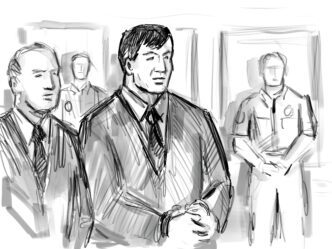Tech giant Elon Musk has ignited controversy in Germany by publicly supporting the far-right party Alternative for Germany (AfD) ahead of crucial parliamentary elections, a move that led to the resignation of a prominent newspaper editor.
Elon Musk, renowned for his technological ventures, has stepped into Germany’s political arena by endorsing the far-right Alternative for Germany (AfD) party. His support came in the form of a guest opinion article published in Welt am Sonntag, the German sister publication to POLITICO and part of the Axel Springer Group. This endorsement is particularly contentious as Germany gears up for early elections on February 23, following the collapse of Chancellor Olaf Scholz’s coalition due to economic policy disputes.
In his article, Musk described the AfD as ‘the last spark of hope’ for Germany, asserting that the party could lead the nation towards economic growth, cultural preservation, and technological advancement. He further defended his stance by pointing to his investments in Germany as justification for his engagement in the country’s political discourse.
The political climate in Germany is tense, with the AfD polling well, yet facing significant opposition from other parties unwilling to form a coalition due to its far-right stance. Musk’s commentary challenges the party’s public image, arguing against its depiction as right-wing extremist by highlighting the personal life of its leader, Alice Weidel, who has a same-sex partner from Sri Lanka.
This endorsement has not only stirred political debates but also sparked discussions on the limits of free speech within the media. Eva Marie Kogel, the opinion editor of Welt am Sonntag, resigned in protest. She announced her resignation via a post on X, the social media platform owned by Musk. In contrast, Jan Philipp Burgard, soon to be editor-in-chief of the Welt group, critiqued Musk’s analysis, agreeing with Musk’s diagnosis of Germany’s problems but rejecting his view that only the AfD could resolve them.
The debate surrounding Musk’s article underscores broader conversations about press freedom and democratic expression. Ulf Poschardt, current editor-in-chief, and Jan Philipp Burgard highlighted the importance of maintaining a platform for open debate. They emphasized their commitment to fostering a space that encourages diverse opinions and discussions.
Elon Musk’s unexpected foray into German politics has sparked significant debate and highlighted tensions around media freedom and political alignment. His support for the AfD underscores the complex interplay between global business interests and national politics, setting the stage for further discussions as Germany approaches its elections.
Source: Wsvn








